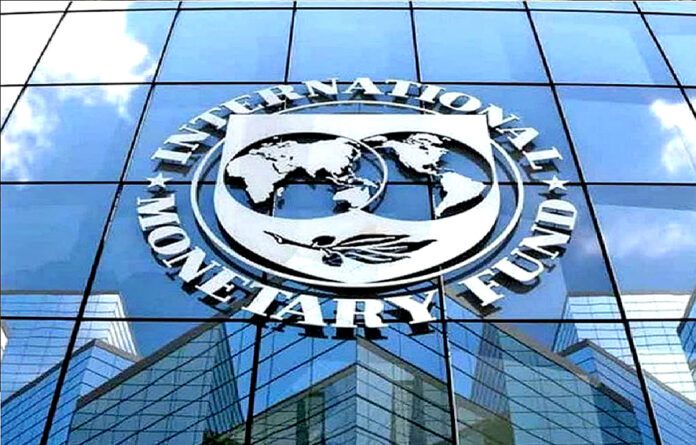By Mthunzi Mdwaba
For years, I have warned against South Africa’s policy implementation failures. We are having to grapple with all the consequences of this failure on so many levels.
The World Bank has recently proclaimed itself a BEE (black economic empowerment) expert and then lumps BEE together with what it refers to as “onerous labour laws,” urging South Africa to adjust its regulations to market realities.
Let me start with our labour laws. There is nothing onerous with them — what is problematic is the government’s failure to monitor, police, and implement what we say on a policy level.
Our productivity and competitiveness are admittedly adversely and grossly compromised by the failures to attend to the above and by the failure to have an employment policy and an industrial policy.
If our policies were as rigid as some political parties claim, why then is it that in terms of s189 it is so easy for companies to give notice to the Commission for Conciliation, Mediation, and Arbitration to retrench workers and generally to have unfair dismissals that take forever to be dealt with and resolved?
More often than not, retrenchment of workers happens without testing by Productivity SA on whether it is justified or if it is simply operational inefficiencies by the C-level of the company.
In my experience in running companies and turning around loss-making entities, I would find that the problem was senior management, who find it is easier to just “cut costs” by retrenching thousands of employees, as this is expedient for those lacking innovation and commitment to job creation and retention.
And how is it that it is so easy to flout the laws on the minimum wage, working hours, holidays, and having illegal immigrants in businesses, if indeed the laws are rigid?
Turning back to BEE, similarly to the above, we must start with a mea culpa in that we definitely could have done better with ensuring that it is administered a lot better than it has, that it is not used as a corrupt fronting honey pot or a way of self-enrichment by corrupt politicians and officials.
However, 22 years since the BEE Strategy and Act was passed in 2003, we can easily refine and/or learn from our mistakes and make it work.
Colonialism dates as far back as 1652 (possibly even earlier), and the exclusion of Africans dates as far back as 1910 with the formation of the Union of SA and the 1913 Land Act — with which land was taken from black people — exploited, dehumanised, and stripped Africans of their dignity.
To undo the damage, we would need at least a generation and a minimum of 100 years of BEE.
The Trump-Musk onslaught on South Africa, based on the lies of AfriForum, was a deliberate fabrication to place pressure on us, emanating from Trump’s detesting of the Brics bloc that is becoming more and more powerful geopolitically.
This was a precursor and carefully planned strategy that would then be given economic impetus by the World Bank and the International Monetary Fund (IMF), both extensions of the US government, as aptly articulated in a Counterpunch article of February 26, 2025 by Walden Bello.
The World Bank has so-called development projects throughout the Global South, otherwise known as developing countries.
It says that its mission is to end poverty in the developing world. To fulfil this, argues Bello, the World Bank’s lending has risen from nearly $55 billion in 2015 to $117.5 billion in 2024.
Yet, despite this massive increase, the bank admits that global poverty reduction has slowed to a near standstill, with 2020-2030 set to be a “lost decade”.
Some 3.5 billion people, or 44% of the globe, remain poor, and this is because the World Bank programmes imposed on developing countries have created poverty instead of alleviating it.
The same World Bank has come under fire for the billions it has spent supporting fossil fuels throughout the developing world, which are now said to have contributed to global warming and to mega-dam projects that have displaced millions.
I shall do a follow-up article on the fallacious and destructive programmes by the World Bank and its refusal to acknowledge that its pro-globalisation model and its unbalanced, one-sided research are causing global devastation.
The same applies to the IMF. It is known for coming in to supposedly assist developing economies in crises, only to make them worse.
So, would you not say that we should first do away with the World Bank in economic interference before we point an accusatory finger at BEE?
Now that the developing world has alternatives to pursue and consider, such as Brics, we must see them for what they are — desperadoes who are fearful and will stop at nothing to mislead and confuse.



